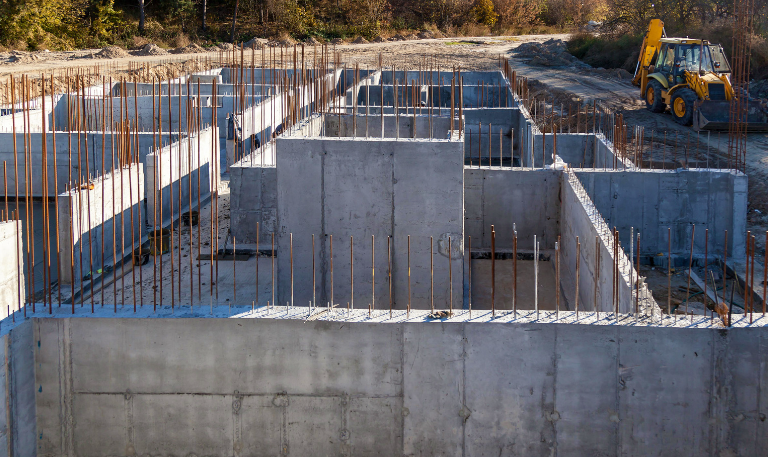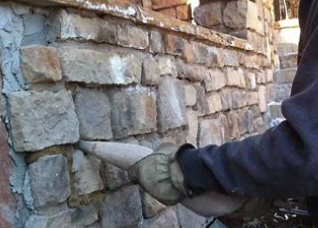How Does Heat Affect Concrete?
All stages of concrete manufacturing and placing operations are significantly impacted by hot weather. Heat speeds up the hydration process and causes moisture to flow from the concrete’s inside to its surface. This process impacts the durability and long-term strength of the concrete. Wind speed, humidity, and sunlight can similarly impact concrete.
If you are unsure how heat affects concrete, do not fret as you have come to the right place—Tips for Placing Concrete in Hot Weather. We are here to tell you everything you need to know about heat and concrete.
Concrete Placing in High Temperatures
Concrete may experience hot weather issues at temperatures above 75 °F. Similar effects may be observed at lower temperatures in the presence of low relative humidity and high wind speed. Several strategies can be used to control the temperature of the concrete. Keeping the aggregates cool is very effective as it is the largest component of concrete. Shading the stone keeps it cooler by staying out of direct sunlight. Moisture can also be used but will impact the mix design. The concrete can also be cooled by substituting ice for liquid water in the mix. In general, high temperatures should be avoided during the early stages of concrete’s life, particularly during the first 24-48 hours after placement. Concrete should also be properly cured to ensure maximum strength and durability.
Increase in Surface Cracks
With rising temperature and wind speed and falling relative humidity, evaporation rates rise. When newly laid concrete bleeds, or when water moves from the inner surface of the concrete member, this moisture dries up more quickly than it is replaced. This causes plastic shrinkage cracks to appear on the surface of the concrete.
Reduction in Long-Term Concrete Strength
The rate of hydration reaction increases with temperature, giving concrete a greater initial strength but decreasing long-term strength. This occurs as a result of moisture loss and a decrease in workability, both of which have an impact on compaction. Do NOT add water beyond what is called for in the mix design.
Choose Ernest Maier Today!
Years of experience mixing, pouring, and finishing concrete have made Ernest Maier experts. Give us a call. We are happy to make sure your next pour this summer goes seamlessly. We have taken on multiple projects and have a proven track record of satisfied customers who come back with repeated purchases. With our trained professionals onboard to assist you with your needs, there is nothing that will go wrong with us. To learn more, get in touch with us!

SalesCraig Fosque
Latest News

4 Ways To Reinforce Concrete
Concrete is one of the most fundamental materials used in construction. If you’re working on a domestic project or a […]

The Environmental Benefits Of Using Ready-Mix Concrete
The construction industry is changing quickly to meet the growing demand for sustainability and eco-friendly practices. One of the most […]

6 Essential Tips For Grouting Stone Veneer
Grouting stone veneer is an important step in the installation process that can significantly impact the overall look and durability […]

Should You Fill Hollow Concrete Blocks?
Hollow concrete blocks are widely used in construction due to their strength, versatility, and lighter weight compared to solid blocks. […]
